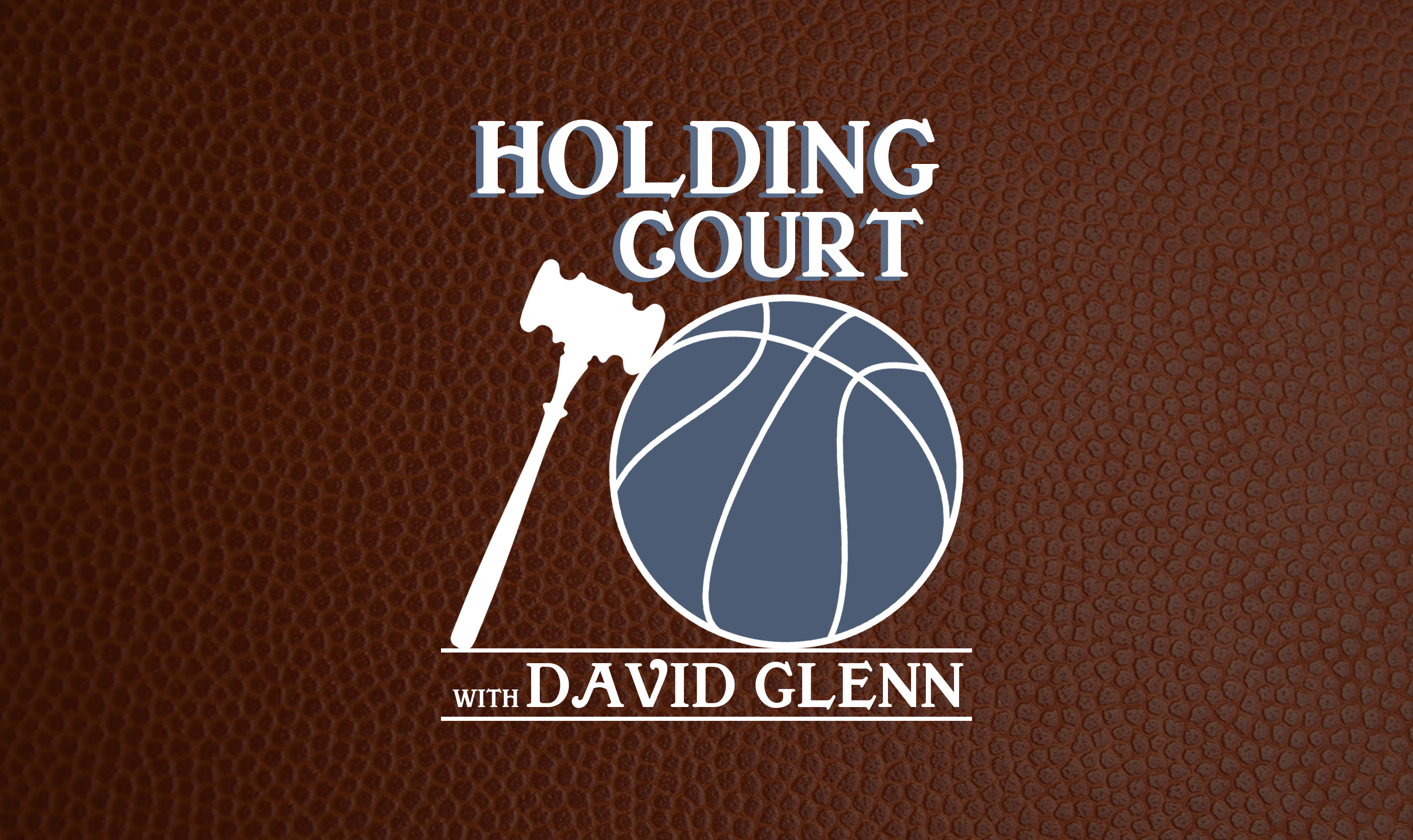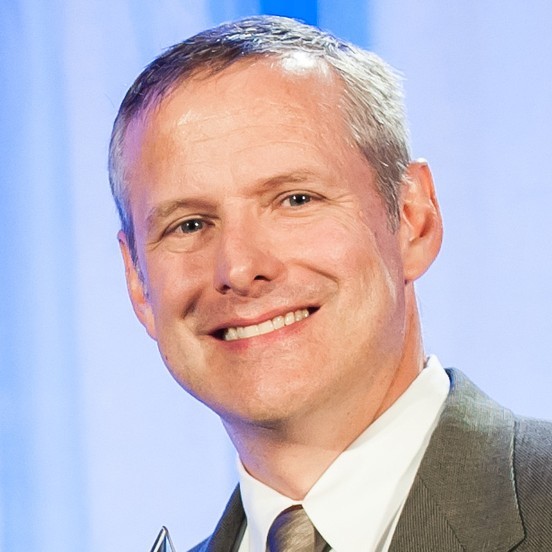
Raleigh Product P.J. Tucker Tells Great Tales, Including ‘Duffel Bag Of Money If You Win,’ But His Own NBA Title Story May Be His Best
By David Glenn
At this point, especially now that he’s a newly crowned, first-time NBA champion, P.J. Tucker’s best story may be his own.
He’s been counted out, in a wide variety of ways, at the high school (Raleigh Enloe), college (Texas) and professional (various) levels. Only 83 minutes of playing time into his rookie NBA season, in 2006-07, Tucker was cut; he spent the next five-plus years bouncing around pro basketball outposts in the G League, Israel, Ukraine, Greece, Italy, Puerto Rico and Germany.
“I have been places I didn’t know were actual places,” he said. “Basketball has taken me on a wild ride.”
(Click here for a chart highlighting NBA champions, players and their connections to North Carolina)
Tucker didn’t even participate in a single NBA playoff game until four years ago, more than a full decade after his league debut. Now he’s been in the postseason five years in a row, as an important rotation player for Toronto (2017), Houston (2018-20) and Milwaukee (2021).
Finally, at 36 years old, Tucker has reached the pinnacle of his sport. An undersized (generously listed at 6-5), overachieving, junkyard dog-style forward, he started 19 (of 23) playoff games for the Bucks this season as they captured their first NBA title since 1971.
“You gotta believe!” Tucker said Tuesday night. “They told me I couldn’t be here. They told us we wouldn’t be here. I’ve been counted out more times than I can remember, since I was a kid. But here I am, and here we are.”
Tucker just completed a four-year contract worth almost $32 million. NBA playoff teams make additional money, distributed mainly to the players, with the amount rising based upon playoff success. From a 2021 playoff pool of almost $21 million, the Bucks will divide around $6 million.
Over the last decade or so, Tucker’s favorite tale to tell involved a different pile of money. In his eyes, it was just a fun and crazy story, but it also came to symbolize his wild, international ride.
Here’s how he described the unforgettable details, from the 2008-09 season in the Ukrainian Basketball SuperLeague, on one of his many visits to the David Glenn Show:
“We (BK Donetsk) were playing on the road against a smaller team. They play in a tiny gym, and they hate us, because we’re from the bigger city, and we’re the best team in the league. We know the place is going to be packed and the fans are going to be crazy. They are screaming at us before the game and basically standing on top of each other. It was unreal.
“Before the game, we’re in the locker room, and our team owner walks in with his own security guys, like three or four of them. This ain’t normal, and I’m wondering what the hell is going on. My teammates are talking to each other, and everyone is watching, but I’m one of the only guys in the room who doesn’t speak the language, so for me it’s like watching a foreign movie without subtitles.
“The owner walks to the middle of the locker room and just drops a big duffel bag on the floor. He opens it up, and it’s stuffed with money, and I mean the most cash I’ve ever seen in my life. This bag is loaded! The owner gives a little speech, and my teammates start going crazy. Some of them start talking to me in their languages, and I have no idea what they’re saying. Some are trying to talk to me in broken English, but they’re so excited I still don’t know what’s up.
“At the time, I had a translator that went with me pretty much wherever I went, and he’s there in the locker room with us, so I finally get the real story. The owner of our team is best friends with the owner of the other team, and he says there’s absolutely no way he can lose to his friend. My translator explains that the owner said, if we go out there and win this game, every player gets a $10,000 bonus — right now, in cash, from that duffel bag. Now I’m pumped, too.
“We go out there, I think I had like 40 points, and we win by like 50. After the game, we go back into the locker room, and there are just wads of cash, stacks, everywhere you look. There might have been $200,000 cash in that room. I’ll never forget it. All the Ukrainian guys loved me, so it was great. We still had a three-hour bus trip home after the game, but nobody cared. I don’t know if I’ve ever seen guys smile at me so happy.
“You want crazy? I signed to play one more season there, had a good contract with the same team, but the team went bankrupt. I had to scramble to find another team in another country in the middle of the season. You can’t make this stuff up.”
No, you can’t.
Of course, Tucker’s own story now fits that description, too.
Surrounded by poverty in his youth, Tucker has made about $50 million in career salary, just from the NBA. That doesn’t include playoff money, his international contracts or endorsements.
Academics once were a major hurdle for Tucker, too. Some of his own teachers told him he’d never meet the NCAA’s academic minimums (GPA/SAT combination) for eligibility, and in fact one of the reasons local schools such as Duke, UNC and NC State didn’t recruit a prominent Raleigh product more intensely was that they weren’t sure he’d qualify for admission. At Texas, he missed most of his sophomore season because of academic woes, but again he persevered.
As a junior with the Longhorns, Tucker was a consensus All-American and the Big 12 player of the year. Undersized power forwards — he took only four 3-point shots in his three-year college career — simply don’t dominate that way at that level, but Tucker did.
After turning pro a year early, Tucker was disappointed to fall into the second round of the NBA draft, then devastated when he was cut by Toronto before the end of his rookie year.
Again, he responded in style. In 2008, he led Hapoel Holon to the Israeli Basketball Premier League championship, earning league MVP honors. In 2009, with his duffel-bag team, he led the Ukrainian SuperLeague in scoring and made its all-star team. In 2012, he led Brose Baskets to the German Bundesliga championship, earning all-star and finals MVP accolades.
Those foreign success stories allowed Tucker’s long and winding road to return to the NBA in time for the 2012-13 season. In a league dominated by youth, he’s been at his best in his 30s. Now he’s an NBA champion, and a free agent seeking at least one more big contract.
What a story.
“I really believe this city (Raleigh) made me, and this state made me,” Tucker said. “I wouldn’t be who I am today, and where I am today, without that. I hit some bumps in the road, and there were distractions and mistakes, but I learned some hard lessons and never gave up.
“I tried to stay determined and stay focused on my goals. As long as you do that, good things can happen. It took a long time in my case, but things worked out.”
(featured image by Mark J. Rebilas-USA TODAY Sports)
 David Glenn (DavidGlennShow.com, @DavidGlennShow) is an award-winning author, broadcaster, editor, entrepreneur, publisher, speaker, writer and university lecturer (now at UNC Wilmington) who has covered sports in North Carolina since 1987.
David Glenn (DavidGlennShow.com, @DavidGlennShow) is an award-winning author, broadcaster, editor, entrepreneur, publisher, speaker, writer and university lecturer (now at UNC Wilmington) who has covered sports in North Carolina since 1987.
The founding editor and long-time owner of the ACC Sports Journal and ACCSports.com, he also has contributed to the Durham Herald-Sun, ESPN Radio, the New York Times, the Washington Post, Raycom Sports, SiriusXM and most recently The Athletic. From 1999-2020, he also hosted the David Glenn Show, which became the largest sports radio program in the history of the Carolinas, syndicated in more than 300 North Carolina cities and towns, plus parts of South Carolina and Virginia.
Chapelboro.com does not charge subscription fees. You can support local journalism and our mission to serve the community. Contribute today – every single dollar matters.

